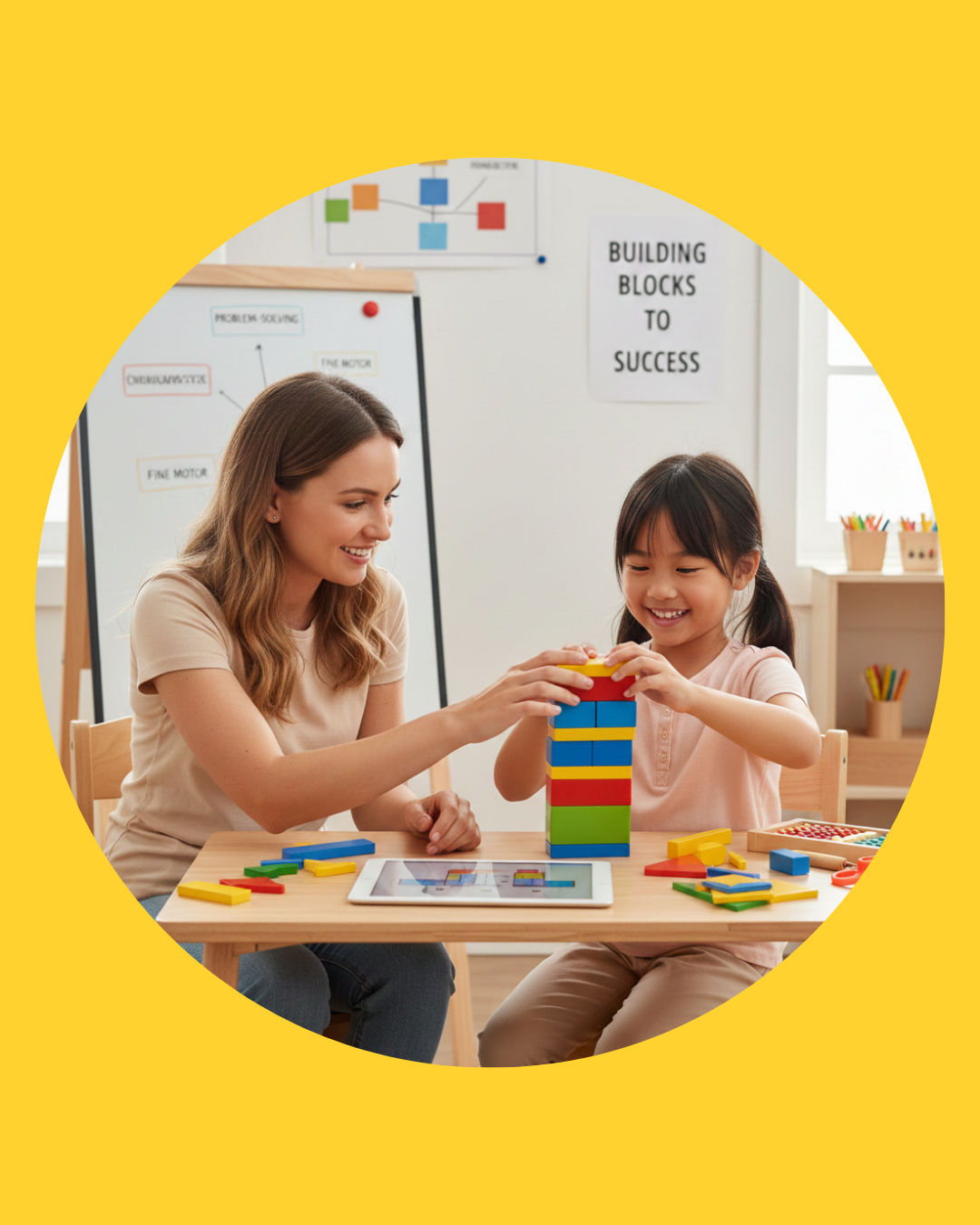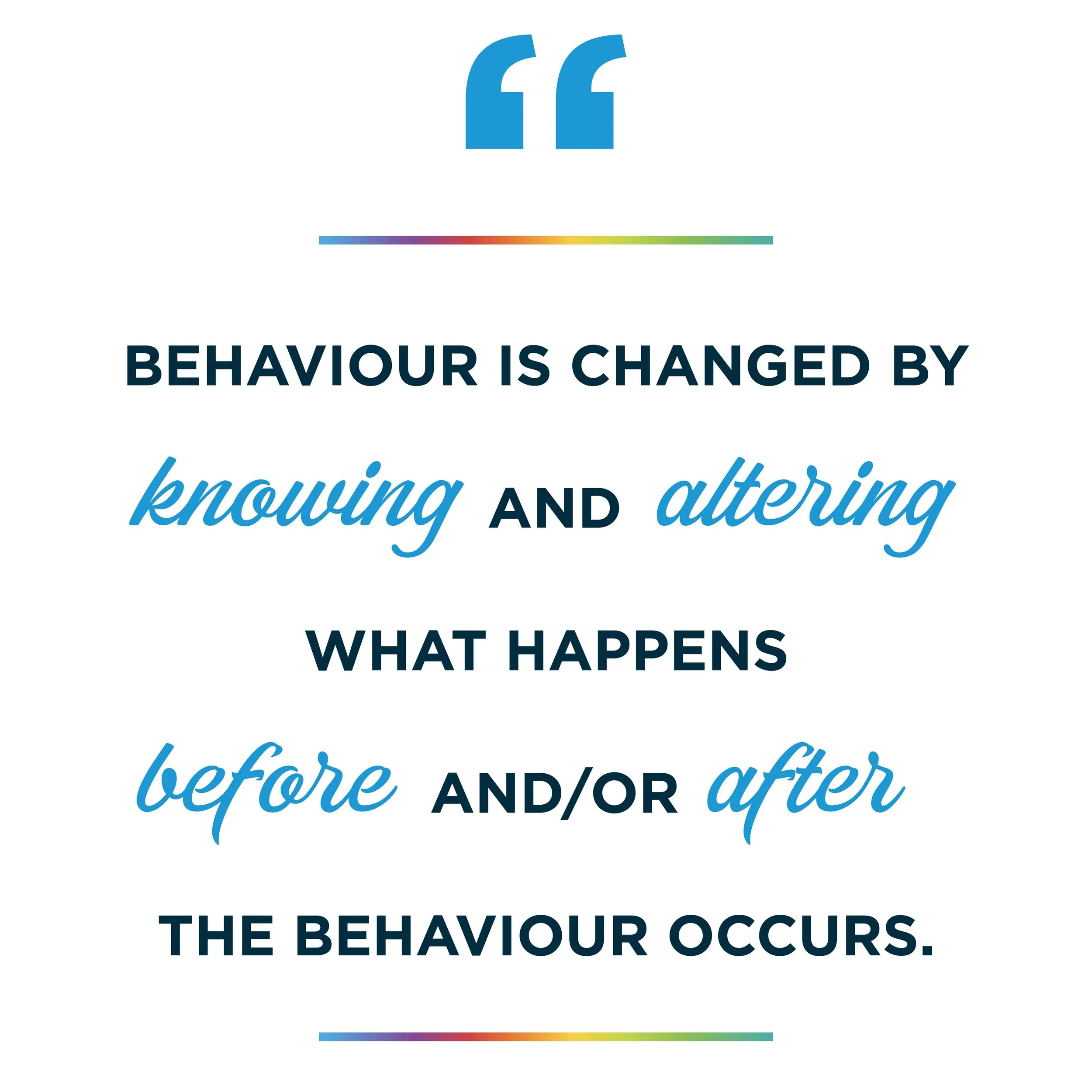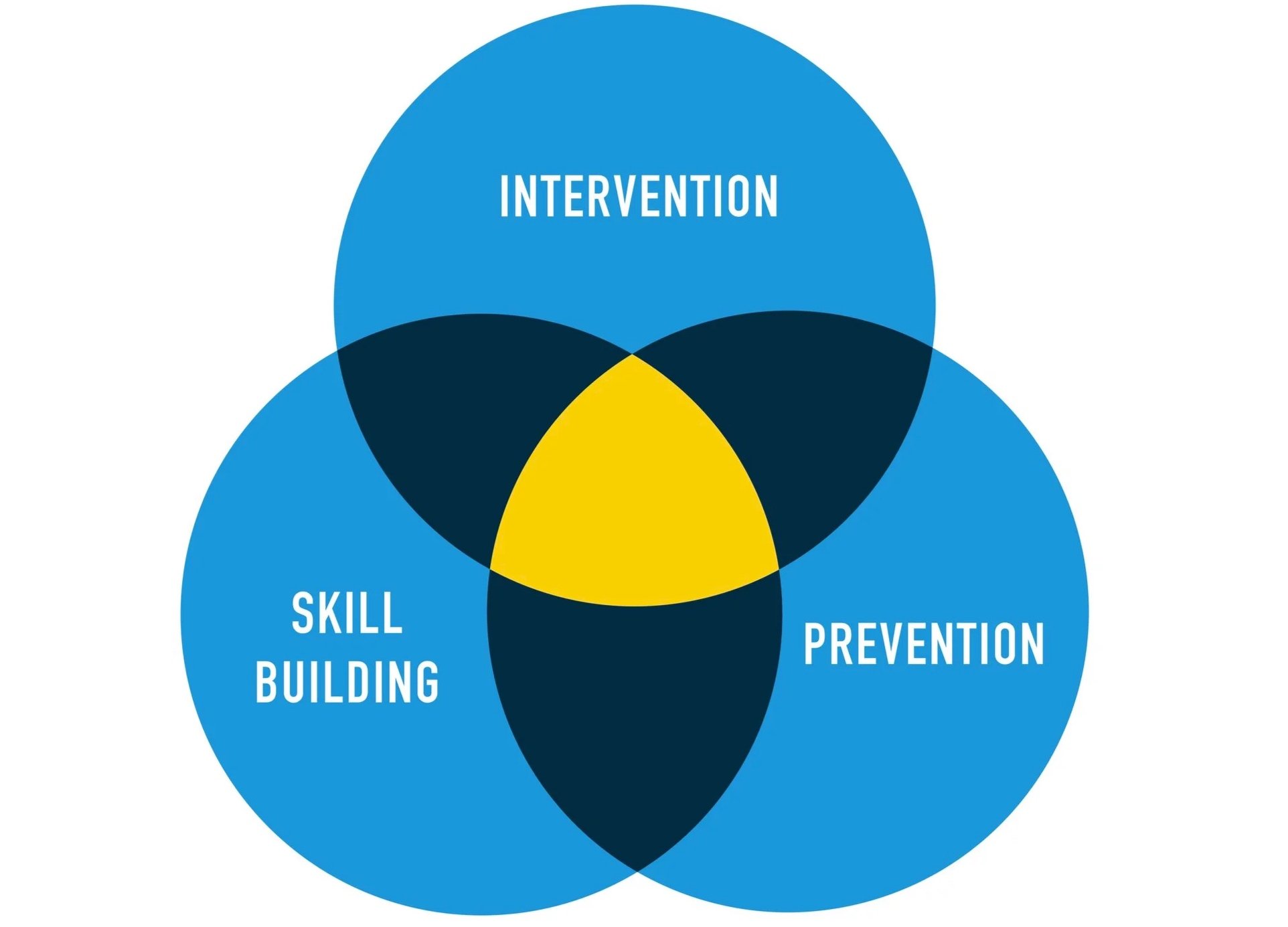
ABA Therapy
All our ABA programs include a parent training component. Parent training assists in transferring the skills your child has learned in therapy to home and other adults. This training is included for children in home or clinic-based therapy. Group parent training on specific topics may also be offered.
Our ABA Programs
Our ABA programs are individually designed to meet the needs of your child.
We begin by identifying your goals through a Clinical Intake.
A curricular assessment using ABLLS-R, VB-MAPP, or AFLS to determine you child’s strengths and needs is completed.
Individualized programs are then created to increase skills in areas of need.
Programming is delivered in your home, the community or our centre/clinic, depending on your child’s goals.

We offer two streams of ABA services
-

Comprehensive ABA Services
(20 or more hours of therapy per week): Comprehensive ABA programs (also called Intensive Behaviour Intervention) targets goals across all developmental domains. The goal of this service is to change a child’s overall learning trajectory. Programming is intensive with between 20-40 hours of therapy completed each week.
-

Focused ABA Services
(6-19 hours of therapy per week): Focused ABA programs target a limited number of goals. The goal of this service is to gain the maximum outcomes within specific areas.
ABA Programs
All our ABA programs include a parent training component. Parent training assists in transferring the skills your child has learned in therapy to home and other adults. This training is included for children in home or clinic-based therapy. Group parent training on specific topics may also be offered.
All ABA Services at One Care Inc. are eligible for Ontario Autism Program (OAP) Funding – see Resources page for more information.

What is ABA Therapy?
There are three major components in ABA programs, prevention strategies, intervention plans and skill building programs
The goal of Applied Behavior Analysis (ABA) is to increase behaviours that are helpful and decrease problematic behaviours. Behaviour is changed by knowing and altering what happens before or and after.
When we want a behaviour to change, we make sure that good things happen after the behaviour. This increases the chance the person will do this behaviour again in the same situation.
If we want a behaviour to stop, we change the outcomes of that behaviour. When this happens, they will be less likely to do that behaviour again when they are in that situation.
ABA is an effective intervention for various populations and age groups. The most researched populations utilizing ABA include: Autism Spectrum Disorder, Intellectual Disabilities, learning disabilities, and behaviour challenges.
-

Prevention
We work with families to create plans and model strategies to reduce the chance of problem behaviour. We stress the importance of skill development and consistent behaviour change program, this can reduce common behaviours for families.
Examples:
Environmental Set up
Effective Instruction
Visuals
Choice
-

Skill Building
Our Assessments allow us to identify areas that are weaknesses or missing skills. As part of our plan we realize for long lasting behaviour change, we often need to teach replacement skills or behaviours. We work with families to identify goals and choose skills across cognitive domains for children to learn.
Examples:
Communication and Language
Self Help Skills (Toileting, Dressing, etc.)
Social and Play Skills
Learning Readiness
Safety Skills
Self-regulation and Self-Monitoring skills
Feeding Interventions
Behaviour Reduction
-

Intervention
We work with families to create plans about what to do when an unwanted behaviour is occurring. These are step by step plan based on direct observations, assessments and data collection. Only after the plan is reviewed in detail with family will it be implemented. Staff will train the family and collect data to ensure behaviours are decreasing.
Examples:
Aggression
Self-injurious behaviour
Swearing
Mouthing
Property destruction
Elopement (running away)




